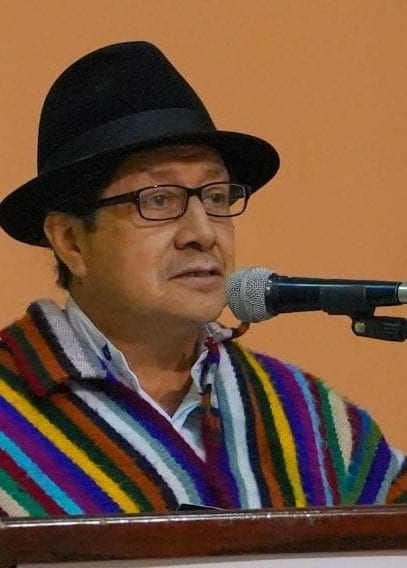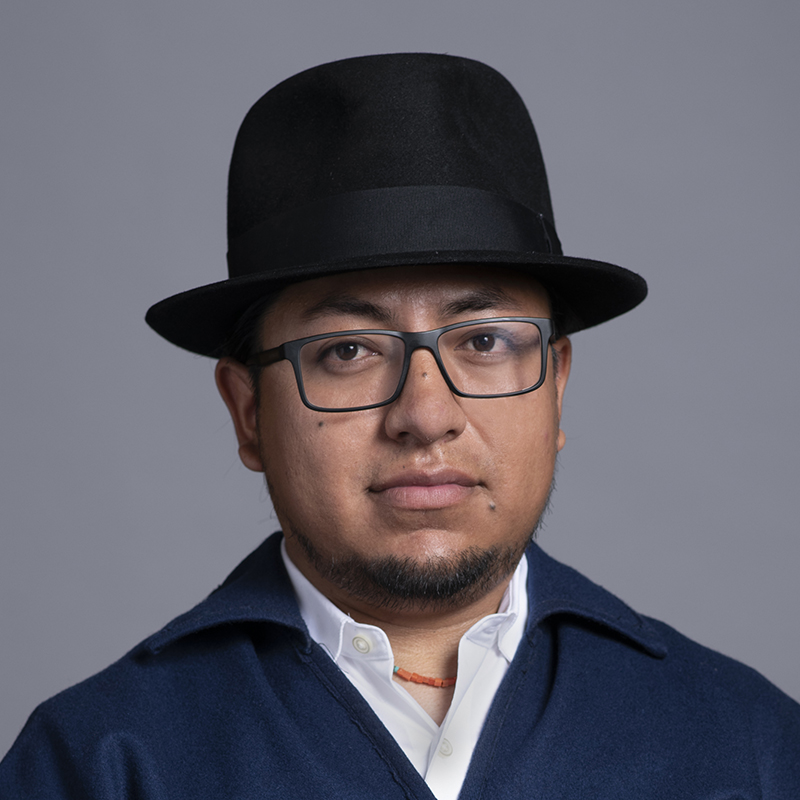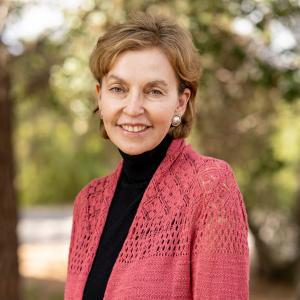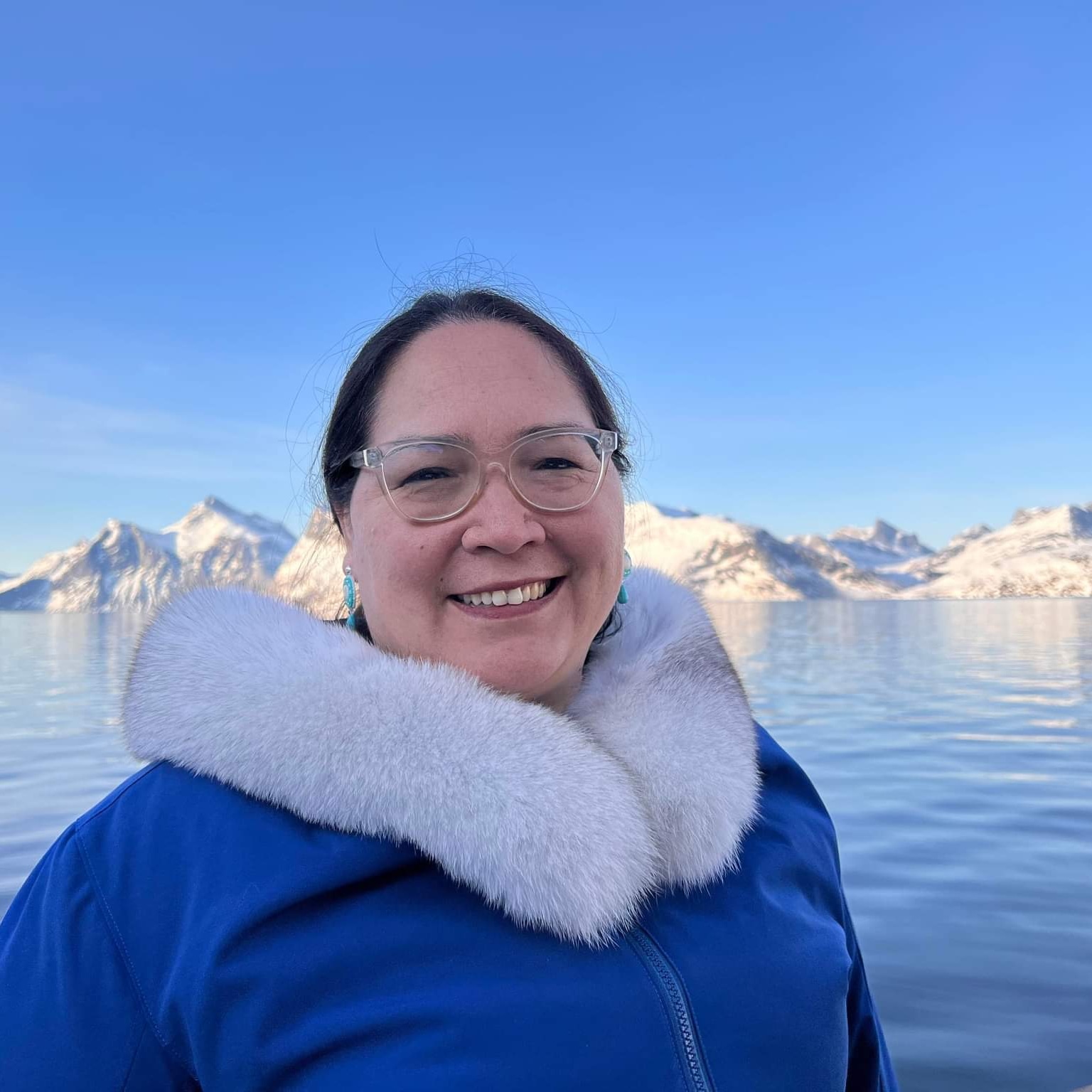November 13-15, 2026
To be held virtually via Zoom.
2026 Conference on Global Indigenous Studies

CGIS 2026 is a transdisciplinary event that will bring together national and international scholars, educators, practitioners, students, policy makers, activists, academic institutions, Indigenous organizations, grassroots organizations, governmental and non-governmental organizations. The participants in this conference will be involved in a local and global dialogue and exchange of ideas, research, and experiences on the themes of the event.
Across the globe, ethnic minorities and Indigenous communities have consistently strived to protect their rich cultural heritages and linguistic nuances from the influences of colonial powers, expanding nation-states, and the homogenizing impact of globalization. This collective effort is increasingly recognized, highlighted by the initiation of UNESCO’s “Indigenous Languages Decade” (2022-2032). The imperative acknowledgment is that Indigenous languages, along with the intricate knowledge systems interwoven within them, stand as crucial pillars for preserving both biological and cultural pluralism.
Follow us on Facebook for other upcoming events.
Now accepting proposal submissions!
Interested in presenting at CGIS 2026? You can view the 2026 Call for Proposals and learn more about the themes for this year's event here: CGIS 2026 Call for Proposals
Click Here to Submit a Proposal
Deadline for receipt of proposals is March 31, 2026.
Registration
This is a virtual event which will take place entirely online via Zoom. Participants will receive additional information and necessary links upon registration.
Registration for CGIS 2026 is now open!
Registration Costs
Early Bird Registration: $60.00 (Before October 1, 2026)
Standard Registration: $80.00 (October 1 - November 15, 2026)
* Should you require any assistance with the registration process or are unable to pay the full cost to attend, please contact IUCONFS@iu.edu for additional help.
CGIS 2026 Program
The detailed program for CGIS 2026 will be released closer to the dates of the event once scheduling has been finalized.
2026 Keynote Speakers
Aluki Kotierk
Chair for the United Nations Permanent Forum on Indigenous Issues (UNPFII) and the Minister’s Special Representative (MSR) conducting an external review of Nutrition North Canada (NNC)
Aluki Kotierk is the Chair for the UN Permanent Forum on Indigenous Issues (UNPFII) and the Minister’s Special Representative (MSR) conducting an external review of Nutrition North Canada (NNC). Aluki is driven by her passion to empower and improve the lives of Inuit. Aluki is keen in how Inuit language and culture can be better incorporated into the way in which programs and services are designed and delivered in Nunavut. Aluki is a former co-chair representing Indigenous People’s Organizations on the Global Task Force for the International Decade of Indigenous Languages (IDIL) 2022-2032. After earning her master’s degree in Native and Canadian Studies at Trent University, Aluki worked for various Inuit organizations including Pauktuutit Inuit Women of Canada, Inuit Tapirisat of Canada (now known as Inuit Tapiriit Kanatami), and Nunavut Sivuniksavut. She has also held management and Deputy Minister roles within the Government of Nunavut and Office of the Languages Commissioner. Aluki was the President of Nunavut Tunngavik Incorporated (NTI) from 2016 to 2024.

Armando Muyolema
Rector of AmawtayWasi
Intercultural University of Nationalities and Indigenous Peoples, Ecuador
Armando Muyolema is an Ecuadorian Kichwa Kañari educator, researcher, and language activist whose work has greatly influenced Indigenous education and linguistic revitalization in the Andes. He holds a degree in Educational Sciences from the University of Cuenca, a master’s in Cultural Studies from the Universidad Andina Simón Bolívar in Quito, and a Ph.D. in Hispanic Languages and Literatures from the University of Pittsburgh. Dr. Muyolema has served as a teacher and pedagogical advisor within Ecuador’s bilingual education program, contributing to curriculum development, teacher training, and initiatives that strengthen Indigenous cultural and linguistic rights. His long-standing commitment to language revitalization has led him to develop projects focused on Kichwa language development, documentation, and community-based educational strategies. For many years, he taught and directed the Kichwa Language Program at the University of Wisconsin–Madison, where he helped expand opportunities for the study of Indigenous languages in higher education and supported students engaged in decolonial and intercultural research. He currently serves as Rector of Amawtay Wasi, the Intercultural University of the Indigenous Peoples and Nationalities of Ecuador, where he works to advance community-centered higher education grounded in Indigenous epistemologies. His research focuses on interculturality, minority language pedagogies, critical sociolinguistics, and Andean ways of knowing.

Diego A. Tituaña Matango
Member of the Kichwa Otavalo community and a career diplomat in the Ecuadorian Foreign Service
Diego A. Tituaña, a member of the Kichwa Otavalo community, is a career diplomat in the Ecuadorian Foreign Service, which he joined in 2012. His work spans multilateral, bilateral, and consular roles, with a focus on human rights, Indigenous Peoples, sustainable development, climate change, democracy, and international cooperation. He has extensive experience in multilateral diplomacy, particularly in advancing the rights of Indigenous Peoples. From 2014 to 2019, he coordinated the UN General Assembly resolution on the Rights of Indigenous Peoples, leading efforts that strengthened Indigenous participation at the UN and to the proclamation of 2019 as the International Year of Indigenous Languages. He also served as the principal negotiator of the resolution establishing the International Day of Solstice, promoting global recognition of Indigenous traditions such as Inti Raymi. From 2020 to 2022, he headed the Technical Office of the Ministry of Foreign Affairs in Imbabura, overseeing human mobility and foreign policy issues in Ecuador’s northern border region. He later served as Deputy Chief of Mission at the Embassy of Ecuador in the Dominican Republic (2022–2025) and currently works in the Cabinet Office of the Vice Minister of International Cooperation in Quito. Diego is a Yale World Fellow (2019) and a Draper Hills Summer Fellow at Stanford (2021). He holds graduate and undergraduate degrees in International Relations and is a Ph.D. candidate in Human Rights at Universidad Carlos III de Madrid.

Teresa L. McCarty
Distinguished Professor and George F. Kellner Chair of Education and Anthropology, and Faculty in American Indian Studies
University of California Los Angeles, USA
TeresaL. McCarty is Distinguished Professor and G.F. Kneller Chair in Education and Anthropology, and Faculty in American Indian Studies at the University of California, Los Angeles. Her research, teaching, and community-based work focus on Indigenous education, language planning and policy, educational and linguistic sovereignty, and critical ethnographic studies of Indigenous language education in and out of schools. A member of the National Academy of Education, she is co-editor of the Journal of American Indian Education and of the Multilingual Matters book series, Language, Education and Diversity. Her books include “To Remain an Indian” – Lessons in Democracy from a Century of Native American Education (with K. Tsianina Lomawaima), A World of Indigenous Languages – Politics, Pedagogies, and Prospects for Language Reclamation (with Sheilah E. Nicholas and Gillian Wigglesworth), IndigenousLanguage Revitalization in the Americas (with Serafín Coronel-Molina), Language Planning and Policy in Native America—History, Theory, Praxis, and Ethnography and Language Policy. She is currently engaged in a study of Hawaiian-medium teacher preparation and a U.S.-wide, multi-university study of Indigenous-language immersion schooling.
Conference Support
Organizing Committee
Serafín M. Coronel-Molina (Chair), Indiana University
Emma Bonham, Indiana University
Elizabeth Konwest, Indiana University
Mengjie Lei, Indiana University
Sonia Manriquez, Indiana University
Academic Committee
Eduardo Brondizio, Indiana University
Quetzil Castañeda, Indiana University
Edward P. Dallis-Comentale, Indiana University
César Félix-Brasdefer, Indiana University
Heather K. Calloway, Indiana University
Michael Kaulana Ing, Indiana University
Javier F. León, Indiana University
Bárbaro Martínez-Ruiz, Indiana University
Morten Oxenboell, Indiana University
Anne Pyburn, Indiana University
Olga Rodríguez-Ulloa, Indiana University
Daniel Suslak, Indiana University
Lucia Stavig, Indiana University
Evelyne Washul, Indiana University
Indiana University Conferences
Elizabeth Mascharka, Indiana University
Melissa Kocias, Indiana University
Communications and Marketing
Linda Bollivar, Indiana University
Josh Marshall, Indiana University
Events and Technology Support
Heather Duemling, Indiana University
Ethan Hamilton, Indiana University
Tyler Maschino, Indiana University
Finance Support
Lori Fender, Indiana University
Amy Van Pelt, Indiana University
Sponsors and Collaborators
CGIS 2026 would not be possible without the help of our generous sponsors and collaborators:
UNESCO International Decade of Indigenous Languages
The Second Conference on Global Indigenous Studies (CGIS 2026) will meet in recognition and celebration of the UNESCO International Decade of Indigenous Languages (IDIL), 2022-2032.
"The proclamation of an International Decade is a key outcome of the 2019 International Year of Indigenous Languages, for which the United Nations Educational, Scientific and Cultural Organization (UNESCO) lead global efforts." More information here.




